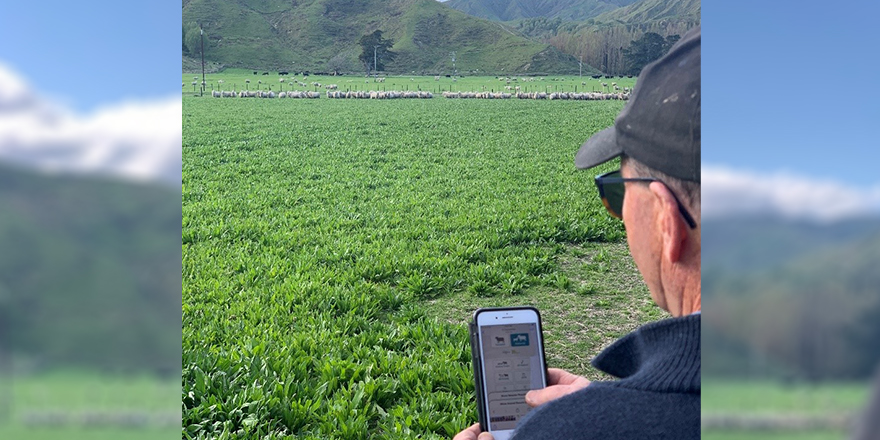
Executive summary
Veterinarians in the Ministry for Primary Industries’ (MPI) Verification Services (VS) are essential to New Zealand’s food safety, biosecurity, and export assurance systems. Despite their essential role, MPI faces ongoing challenges in attracting, retaining, and supporting veterinarians, especially in rural, shift-based, and sole-charge positions. This research, conducted through the Kellogg Rural Leadership Programme, explores these challenges and identifies practical strategies to enhance veterinary retention, engagement, and workforce resilience.
Key Findings
Eight interrelated factors influence veterinary retention at MPI:
- Leadership visibility and recognition: Limited connection with senior leadership and inconsistent recognition practices.
- Line manager capability: The quality of local leadership significantly shapes daily job satisfaction.
- Career development: Limited clear pathways for progression and inconsistent access to Continuing Professional Development (CPD).
- Organisational structure and agency: Centralised decision-making reduces veterinarians’ ability to influence their work environments.
- Workload and flexibility: Rigid rostering and inadequate relief cover negatively impact wellbeing.
- Onboarding and early attrition: Inconsistent induction processes lead to early disengagement.
- Career adaptability and return: Opportunities for flexible roles can retain veterinarians who initially leave.
- Purpose alignment: Lack of clarity regarding the regulatory nature of roles contributes to early dissatisfaction.
Recommendations
To strengthen veterinary retention and resilience, MPI could:
- Reinstate structured onboarding and mentorship programmes.
- Develop transparent, flexible career pathways across VS and MPI.
- Standardise and promote equitable access to CPD, focusing on both technical and soft skills.
- Enhance rostering, relief planning, and leave management.
- Empower Veterinary Technical Supervisor 1s (VTS1s) and provide comprehensive leadership training.
- Encourage peer-led innovation to increase frontline agency and ownership.
- Reassess the requirement for full-time on-site veterinary presence.
- Strengthen recruitment communication and purpose alignment during onboarding.
- Align Remuneration and Responsibility for VTS1 Roles
Additionally, veterinarians themselves are encouraged to proactively engage in professional development, peer support networks, and contribute positively to team culture.
Improving retention involves more than keeping staff, it requires designing supportive, engaging systems where veterinarians thrive. Addressing these structural and cultural factors will enable MPI to sustain a resilient, future-ready veterinary workforce.
Emma Weston




